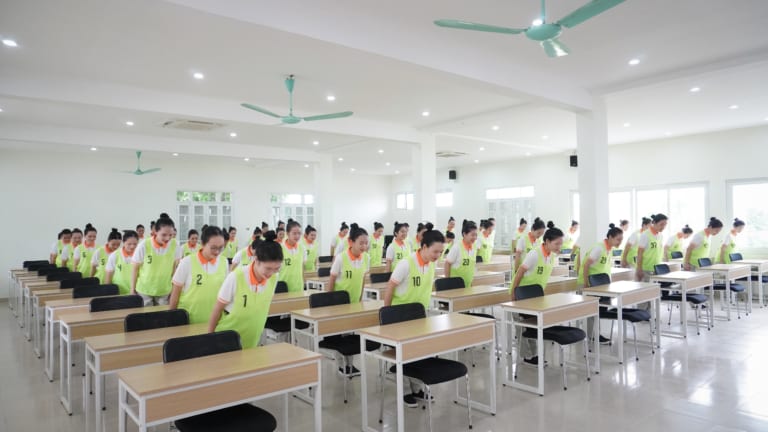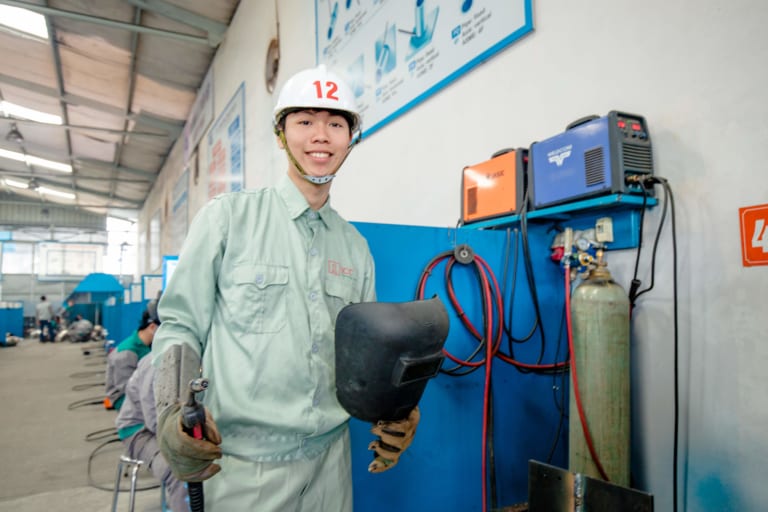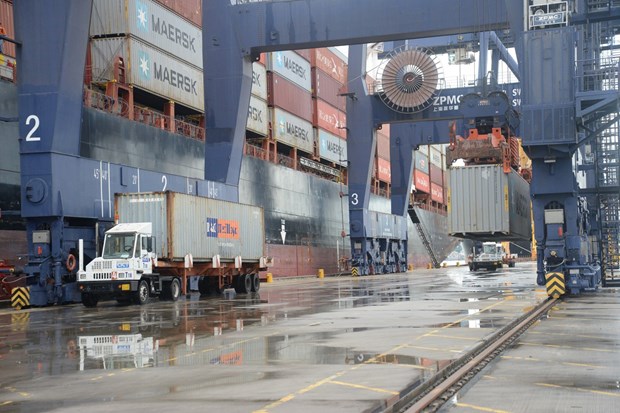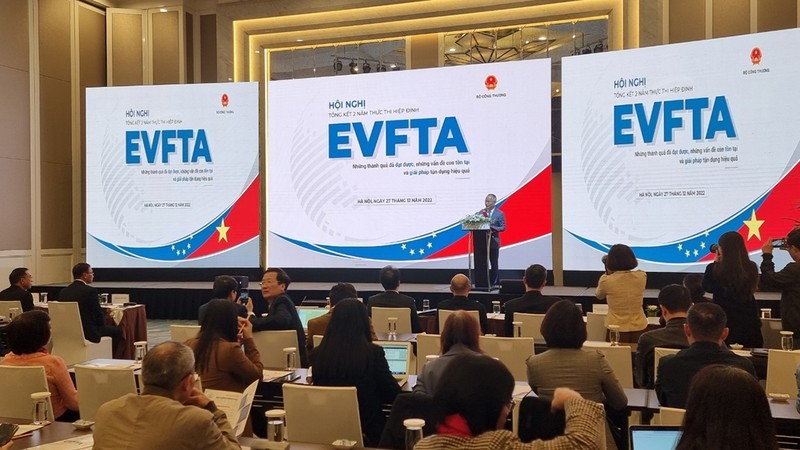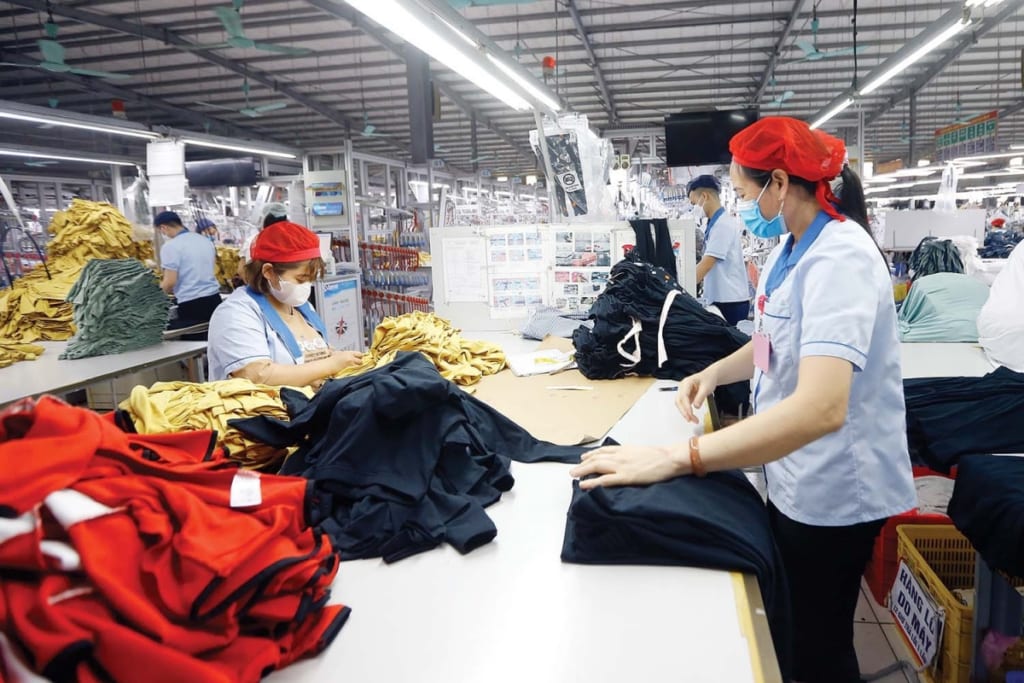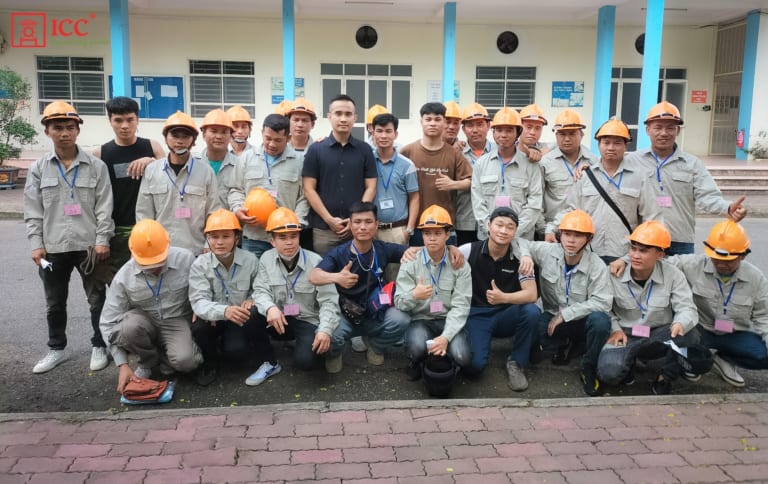
The global demand for skilled labor has led many employers to turn to Asia, with Vietnamese workers emerging as a highly sought-after group. Known for their strong work ethic, adaptability, and technical expertise, workers from Vietnam have become integral to industries such as manufacturing, construction, and services. In comparison with other Asian labor forces, such as those from the Philippines and Nepal, Vietnamese workers offer distinct advantages that make them a preferred choice for international employers.
This article explores the qualities of Vietnamese workers, highlights their strengths, and compares them with other Asian labor forces to show why they are becoming increasingly valuable in the global workforce.
The Key Strengths of Workers from Vietnam
Vietnamese workers are valued globally for their strong work ethic, technical abilities, and versatility across multiple sectors. Here’s a closer look at the qualities that make them stand out:
1. Work Ethics and Discipline
A major asset of workers from Vietnam is their commitment to hard work. In Vietnamese culture, dedication and perseverance are highly regarded, and this is reflected in the workplace. Whether in construction, manufacturing, or service sectors, these workers are known for their ability to stay productive, even under physically demanding conditions.
2. Strong Technical Skills
Vietnam has invested heavily in vocational training, with a strong focus on industries such as engineering, construction, and electronics. Many employees from Vietnam bring this technical knowledge to their jobs, making them highly capable in roles that require precision and skill. Their hands-on experience with machinery, tools, and technology ensures they can quickly adapt to the demands of different industries.
3. Flexibility and Adaptability
Another key advantage of Vietnamese workers is their adaptability. They are quick learners, easily adjusting to new environments, skills, and workplace cultures. This versatility allows them to excel in various industries, from construction to electronics. In international settings, workers from Vietnam are known for their willingness to learn and take on new challenges.
4. Cost-Effective Labor
For companies looking to balance cost and productivity, hiring workers from Vietnam offers an ideal solution. The lower cost of living in Vietnam allows businesses to employ skilled workers at competitive wages without compromising on quality. This cost-effective model makes them an attractive option for industries that need to maintain high standards while controlling labor costs.
How Workers from Vietnam Compare to Other Asian Labor Forces
While Vietnamese workers are highly sought after, it’s important to compare them with other Asian labor forces such as those from the Philippines and Nepal. Each group brings its own strengths, but workers from Vietnam offer some distinct advantages.
1. Work Ethic: A Cultural Comparison
Filipino workers are known for their dedication, particularly in service-oriented roles like hospitality, healthcare, and customer service. Their strong communication skills and positive attitudes make them well-suited for these industries. However, when it comes to more labour-intensive jobs, such as manufacturing and construction, Vietnamese workers often excel due to their endurance and focus on technical precision.
Similarly, Nepalese workers are highly regarded for their resilience, especially in physically demanding industries like construction and agriculture. While both groups are known for their hard work, Vietnamese employees often bring additional technical skills to the table, allowing them to perform more specialized tasks.
2. Skills and Technical Expertise
When comparing the skill sets of these labour forces, Vietnamese workers often stand out for their technical expertise, particularly in fields like manufacturing, electronics, and automotive repair. Vietnam’s emphasis on vocational education has created a workforce that is not only proficient in industrial tasks but also capable of operating advanced machinery and technology.
In contrast, Filipino workers are typically more focused on customer service, caregiving, and hospitality roles. While their skills in these areas are highly valued, they may lack the specialized training found in many Vietnamese employees.
Nepalese workers, on the other hand, are well-known for their physical strength and reliability in construction and security roles. However, they may not have the same level of technical training as Vietnamese workers, making the latter a better fit for industries requiring specific skill sets and the ability to operate complex equipment.
3. Adaptability and Versatility
All three labour forces—Vietnamese, Filipino, and Nepalese—are praised for their adaptability. Filipino workers excel in international environments that require strong communication and customer-facing skills, often finding success in English-speaking countries.
However, Vietnamese employees are known for their ability to adapt to technical and industrial roles that require the mastery of new tools and systems. They are quick learners in high-tech industries and can transition smoothly into roles requiring advanced skills.
Nepalese workers are resilient and adaptable, particularly in manual labour sectors, but may face challenges when adapting to roles that require extensive technical knowledge or the use of advanced machinery.
Industries Where Workers from Vietnam Excel
Thanks to their strong technical backgrounds and adaptability, Vietnamese workers thrive in several key industries. Here are some sectors where they have become invaluable:
1. Manufacturing and Electronics
Vietnam’s booming manufacturing sector has given its workforce significant experience in industrial production and electronics assembly. Vietnamese workers are skilled at operating machinery, assembling products, and maintaining high-quality standards, making them ideal for factories and production lines in industries like electronics and automotive manufacturing.
2. Construction and Engineering
The construction industry is another area where Vietnamese employees shine. They have the physical endurance needed for demanding construction projects, combined with the technical skills required for tasks like welding, electrical installation, and the use of heavy machinery. Their versatility makes them well-suited for large infrastructure projects both in Vietnam and internationally.
3. Information Technology
With Vietnam’s growing IT sector, more workers from the country are entering fields like software development, data analysis, and IT support. Their technical training and problem-solving skills are a valuable asset to companies looking to hire tech-savvy employees. As digital transformation continues to shape industries, Vietnamese IT workers are becoming increasingly important to global businesses.
Why Employers Choose Vietnamese Workers
For international companies, workers from Vietnam offer a compelling mix of affordability, technical expertise, and reliability. Compared to other Asian labour forces, their strengths in technical industries, adaptability, and cost-effectiveness make them a top choice.
1. High Work Quality and Efficiency
The technical training and hands-on experience that many Vietnamese workers receive translate into high-quality work across multiple sectors. Whether in construction, manufacturing, or IT, their attention to detail and commitment to excellence ensures that projects are completed to high standards.
2. Reliable and Dedicated Workforce
Employers consistently praise Vietnamese workers for their reliability. They show up on time, maintain strong productivity levels, and demonstrate a deep commitment to completing tasks. This level of reliability is crucial for companies that rely on a dependable workforce to meet tight deadlines and maintain operations.
3. Cost-Effective Labor Solutions
Hiring workers from Vietnam provides companies with access to skilled labour without the high costs associated with other markets. This combination of affordability and skill makes them a smart choice for businesses seeking to expand while keeping labour costs under control.
Conclusion: The Growing Value of Vietnamese Workers in the Global Workforce
As industries continue to evolve, the demand for skilled, adaptable labour is on the rise. Vietnamese workers have proven themselves to be valuable assets in various sectors, offering a blend of technical expertise, work ethic, and cost-efficiency. When compared to other Asian labour forces, their adaptability and specialized training make them particularly well-suited for roles in manufacturing, construction, and technology.
For companies looking to hire reliable and skilled workers, Vietnamese employees provide an excellent solution. Their ability to balance productivity with cost-effectiveness makes them a key contributor to the success of global businesses.

